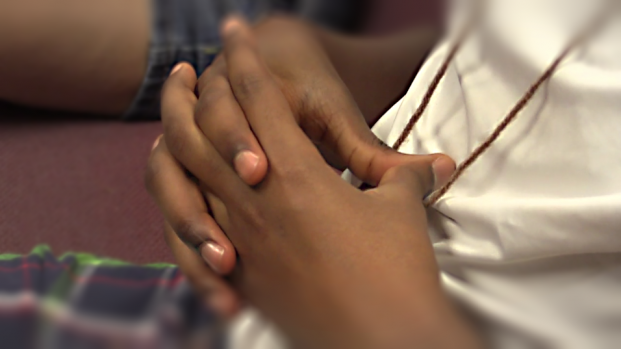
Bishop Ough issues pastoral letter on Yanez, Cosby trials
By: Bishop Bruce R. Ough
 This is what the Lord Almighty said: “Administer true justice; show mercy and compassion to one another.” Zechariah 7: 9-10
This is what the Lord Almighty said: “Administer true justice; show mercy and compassion to one another.” Zechariah 7: 9-10
The recent trial jury acquittal of police officer Jeronimo Yanez in the death of Philando Castile and the mistrial in the sexual assault case against Bill Cosby have raised serious concerns about the matter of justice available through our court system. The result is further anger, division, and distrust in communities and a nation already deeply divided over matters of racial and gender equality, safety, and security. Our unresolved and often hidden prejudices and fears, and our more visible exploitation of privilege and power by some, continue to have serious consequences for our daily lives and our dream for the beloved community.
Like several of you, I have served on a trial jury. In high-profile and highly consequential trials, there are always two juries—the jury of twelve citizens in the courtroom and the jury of public opinion. The jury in the courtroom is guided and sometimes constrained by very strict rules. Sometimes the jury of public opinion is driven by a deep hunger and thirst for true justice, and at other times blinded by grief and the desire for vengeance. It is not productive to linger long blaming one another. We must accept the Yanez trial jury’s decision and be grateful for all citizens who serve this critical function in our society. We must continue to be grateful for and support police officers who daily face dangerous and harmful situations to protect us. And, we must allow the protests and expressions of anger, grief, frustration, despair, and outrage; they are necessary elements in the process of advocacy, change, grieving, and healing.
We worship a God of truth and justice. There is no earthly justice that can restore Philando Castile to life or fully heal the wounds of those who have been abused or denied equality on the basis of race or gender. The world’s truth and justice is imperfect, even in our democratic society. Truth and justice can be and have been delayed and denied to many. But, while perfect justice and reconciliation may be unattainable on earth, we as followers of Christ Jesus are called to work for the changes that will give rise to God’s vision of the beloved community and the Lord’s prayer for the kingdom to come on earth as it is in heaven.
This kingdom work begins with prayer. I urge you to pray for those who grieve the death of Philando or the abuse of sexual assault. Pray for those who cry out in the streets for truth and justice to prevail. Pray for true race and power blindness in our judicial system. Pray for a system of “law and order” that is not built on the use of deadly force and mass incarceration.
The kingdom work continues with our own soul work. I urge you to listen deeply to the frustrations and fears of the African American community and victims of abuse. Hear and understand their reality and yearning for authentic justice. Examine your own unnamed assumptions and fears about race, privilege, and power. Resolve to work to dismantle the racist and sexist structures that persist in our communities and nation. This is the “Methodist Way” of seeking holiness of heart. St. Paul reminds us to “carry each other’s burdens and so you will fulfill the law of Christ” (Galatians 6:2). We cannot bear or carry the burdens of our sisters and brothers in Christ if we remain emotionally and spiritually detached.
The kingdom work finds its ultimate expression with our advocacy. As people of the “Methodist Way,” we are called to work for social holiness—to give expression to our walk with Christ in the social context. I urge you to advocate for change in the imperfect structures of our society, particularly those that perpetuate the sins of racism and sexism. Stand with those left out or relegated to the margins and shadows. Give voice to those whose voices have been ignored, blunted by the abuse of power, or silenced by fear. Do not permit any ideological, political, or theological differences to fracture our unity in one body or in one country. Partner with those within and beyond the community of faith to work for a just society.
Together, we are called by God to combine our fervent prayers, our heart for truth and justice, and our advocacy for the common good so that there is never again a question that all lives matter.
Trust in the Holy Spirit to lead us where we need to go as people of faith. We have not yet arrived. Let us continue to strive for the day when truth and justice are neither delayed nor denied for any of God’s children.
Bishop Bruce R. Ough is resident bishop of the Dakotas-Minnesota Area of The United Methodist Church.